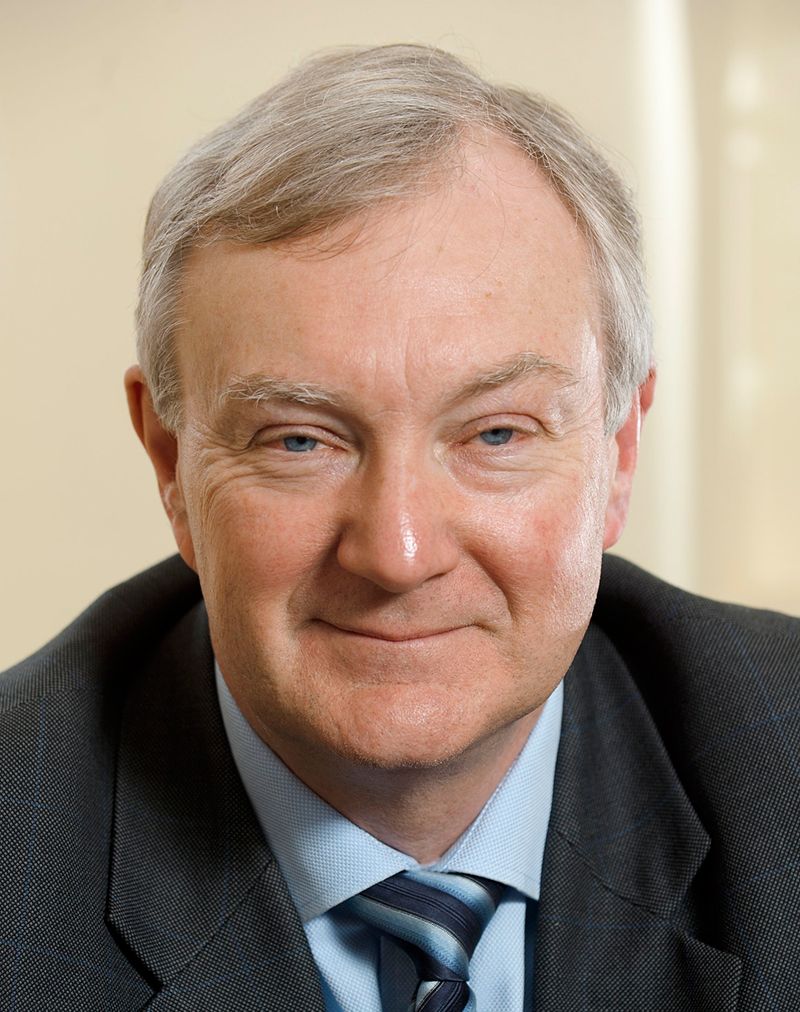
One of the many tragedies of the Covid-19 pandemic is the sharp decline in global trade, writes Terry Scuoler MBE, chairman of the Institute of Export & International Trade.
Over the last 20 years it has averaged an annual rise of 6% – growth that has, despite the 2008 financial crisis, doubled in the past ten years and since 1945 has seen a 38 fold increase.
Many developing countries have benefited from this increase and have, as a result, seen incomes and living standards rise dramatically.
This force for good, if fairly and equitably conducted, also increases competition, lowers prices for those most in need, creates jobs, drives educational and skills levels and helps eradicate prejudice.
Over the past 25 years it has helped lift over one billion people out of poverty and provided access to cheaper imports to consumers and households who now benefit from lower prices and greater choice.
Geopolitical benefit
At a geopolitical level, by bringing nations closer together and thus creating mutual dependency, it helps defuse tension and avert conflict.
While the benefits have not been universal, it is pleasing to see the continued growth and importance in international trade of developing countries as they become global players.
The growth in developing country exports of manufactured goods relative to traditional commodities is a clear sign of things to come and now account for $10tn a year – almost equalling the value from developed countries.
Exports of services, while also on the increase, still lag behind but must be seen as a major opportunity for the future as markets become more open and facilities improve.
With 90% of global growth over the next ten years predicted to come from the developing world, these are trends that are almost certain to continue.
The challenges
This force for good is, however, not without its trials and tribulations.
The rise of protectionism as a result of the trade dispute between China and the US will, the OECD has predicted, reduce global trade by $700bn a year.
Extremely serious as this is, it is dwarfed by the effect of the Covid-19 pandemic which the World Trade Organisation (WTO) estimates will reduce trade flows in 2020 by $4tn or some 20% of the total.
Invisible barriers
Other forms of protectionism exist, the so-called ‘invisible barriers’, whereby national accreditation for professional services, degrees, certification or relevant experience is simply not recognised regardless of calibre.
These are ongoing issues which need to be urgently addressed by those nations which profess to support free trade.
The global policeman of this rules-based system of trade is the WTO. Established 25 years ago, its mandate to uphold the principles of free trade covers 164 countries and over 99% of the world’s population.
Political rivalry
Sadly the WTO’s ability through its Appellate Body to enforce agreed rules, uphold standards, settle disputes and impose sanctions has been riven by political rivalry between the large trading blocs, a lack of independent judges and the threat of withdrawal of funding.
Renewed commitment to the principles of free trade is urgently required and it’s to be hoped that the next director general, due to take up his/her post in the autumn, will refocus and revamp the organisation.
Notwithstanding the challenges, it's clear that the continued growth of international trade will play a key role in the world recovering from the Covid-19 pandemic.
Truly, it is a powerful force for good.
About Terry Scuoler
Terry Scuoler MBE is an industrialist and business advisor. He has been chairman of the Institute of Export & International Trade since 2017 and before this, he was chief executive of the Engineering Employers Federation (EEF) representing 20,000 UK manufacturing and engineering companies engaging with government and the EU.
From 2014-17 he chaired European employers body CEEMET representing 230,000 manufacturing, engineering and technology companies by engaging with and influencing EU policy in Brussels and EU capitals.
He has sat on numerous government committees, including those on international trade, industrial strategy, regulation and energy pricing.
Terry is a passionate supporter of how industry and international trade, if fairly managed and regulated, can be an enormous wealth-creating force for good.



